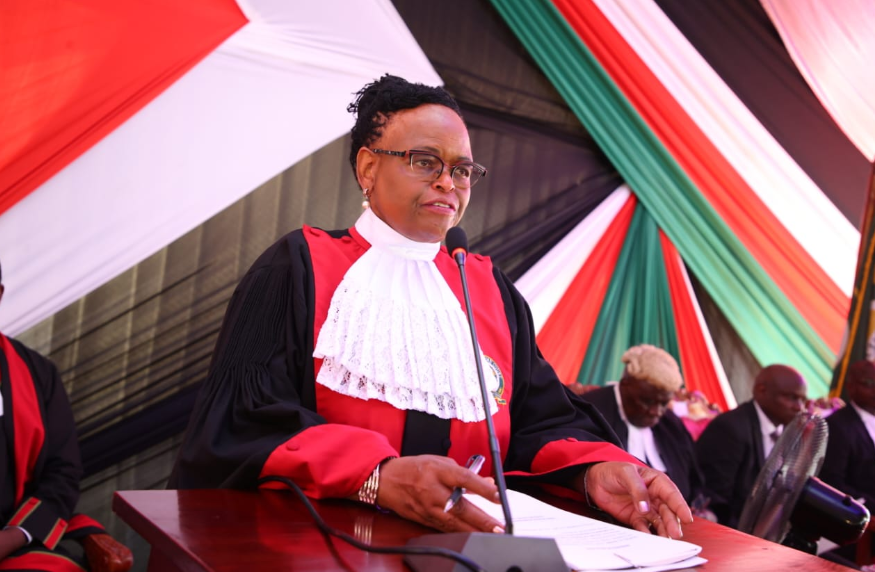Judiciary must exercise restraint on gag orders

The media has lately been the recipient of gag orders from private citizens and State officials seeking to block coverage of certain court cases.
These individuals and entities do not want coverage of cases in which litigants are exposing malpractices and avarice among bureaucrats, as well as those related to the running of government institutions.
A report from the Mzalendo Trust has exposed how people in power are falsely incriminating journalists, human rights activists, and whistleblowers to silence them from revealing corruption deals to the public.
Trumped-up charges contained in those lawsuits are often framed as defamation.
The report, which called the cases “Strategic Lawsuits Against Public Participation (SLAPPS), said that seven of 10 respondents attributed concealing corruption and abuse of office as the reason the litigants were being gagged.
Similarly, another six in 10 respondents said the manufactured cases were meant to silence the litigants from exposing the culprits.
We are dealing with an alarming situation in which individuals involved in violating the Constitution are finding comfortable refuge in the Judiciary.
Indeed, the report discloses that inconsistent jurisprudence and outdated defamation laws have emboldened the use of SLAPPs.
It was further revealed that victims of SLAPPs were sued multiple times by government officials, businesses or politicians, with some affected journalists almost losing their careers in newsrooms.
The SLAPPS industry, which has become lucrative to its peddlers, is not only a threat to freedom of expression and human rights but also undermines the media’s independence.
Even more worrying is that what appears to be the cooperation of the Judiciary in this devious enterprise threatens democracy, good governance, the rule of law and constitutionalism.
Whistleblowers, civil society actors and the media have played a major role in exposing dubious deals in which Kenyans could have lost billions of shillings, including in the Adani cases.
As the report points out, there is a growing risk that media houses, journalists, and other institutions may now be prompted to withhold information that is in the public interest over fears of being sued, opening the doors wider for impunity and the deterioration of democratic values.
We demand that the Judiciary exercise restraint on the gag orders.















